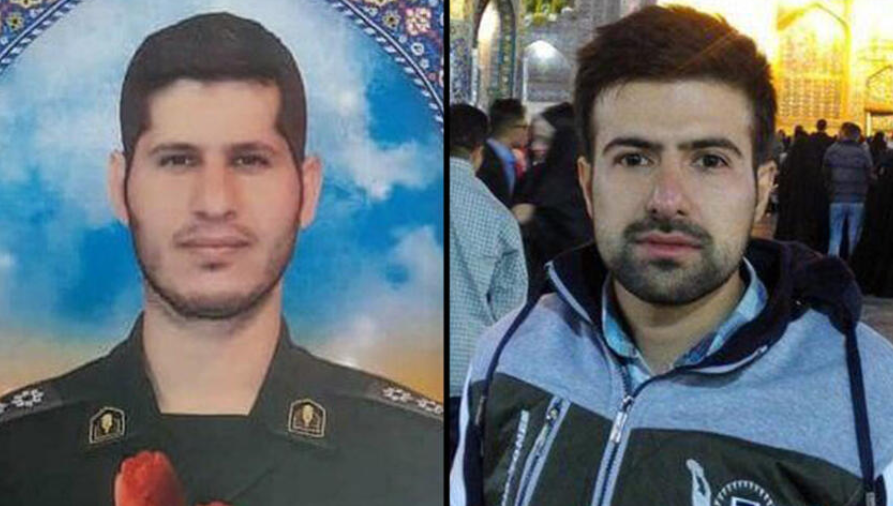
On 2 February, officials from Germany, France, and United Kingdom (the E3) announced the establishment of the promised special purpose vehicle (SPV), known as the Instrument for Supporting Trade Exchanges (INSTEX).
Even though the news was welcomed by Tehran, it is clear that the mechanism will function well below Iranian expectations. Now that INSTEX has been officially registered, the gap between what Tehran expects and what the SPV can actually do is coming into focus.
The entity will process only payments relating to European exports of non-sanctioned items such as food and medicine. That alone will help the overall situation in Iran, as over-compliance by international banks has made financial transactions relating to such trade difficult.
The registration was an important milestone, but operationalisation of INSTEX will take a few months as legal, financial, and diplomatic components are put in place and safe and feasible banking channels established. The
European Union has a sense of urgency about completing this work in order to prevent an Iranian exit from the Joint Comprehensive Plan of Action (JCPOA).
Setting up INSTEX has not just been a tool to safeguard the JCPOA, however; it is also a first step towards strengthening the euro in international trade and reducing European reliance on the United States.
The Donald Trump administration has dismissed INSTEX as a non-starter, saying that European banks and companies won’t use it. Even so, a number of European food and pharmaceutical companies have already applied to use the services on offer.
At the same time, various operational challenges must be addressed. For example, if the SPV works only with small banks, it is uncertain which institutions will clear the banking transactions. Will INSTEX accomplish this on its own, or will it have to use the services of a larger bank capable of clearing payments? In any case, the banking channels will be limited.
What is evident is the strong resolve of EU officials to genuinely facilitate business with Iran, even if INSTEX ends up dealing only with non-sanctioned trade. Its scope could be expanded down the line, in particular by introducing other governments as shareholders in order to reduce the entity’s vulnerability to US pressure.
In the meantime, some observers think the SPV won’t be enough to keep Iran in the JCPOA, especially as other EU initiatives – such as criticism of Iran’s missile programme and human rights record – will undermine Iran–EU relations. The key issue is whether INSTEX will lead to tangible improvements in Iran’s economy and trade.
Select the link here to receive your free Iran Strategic Focus sample.



